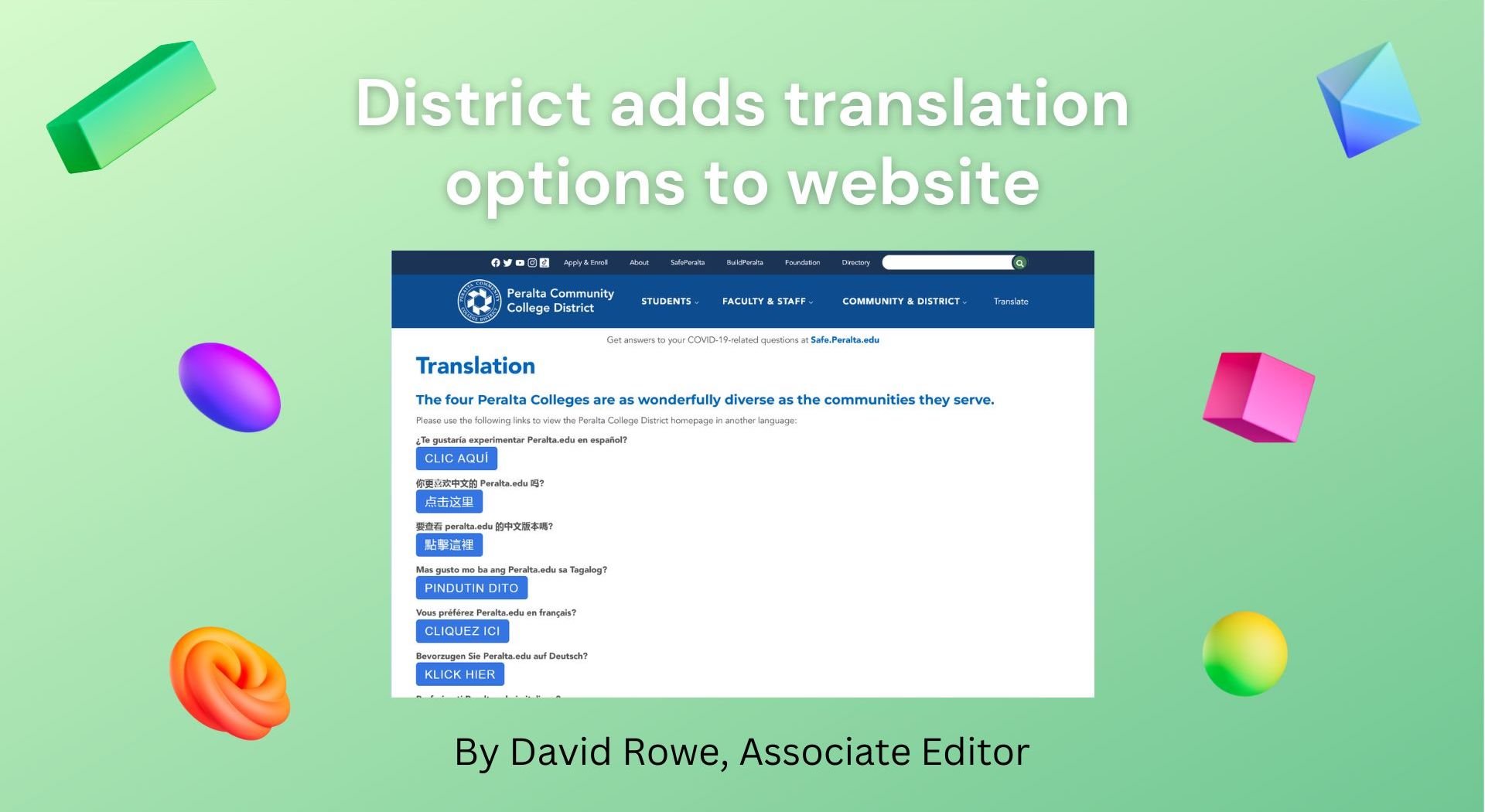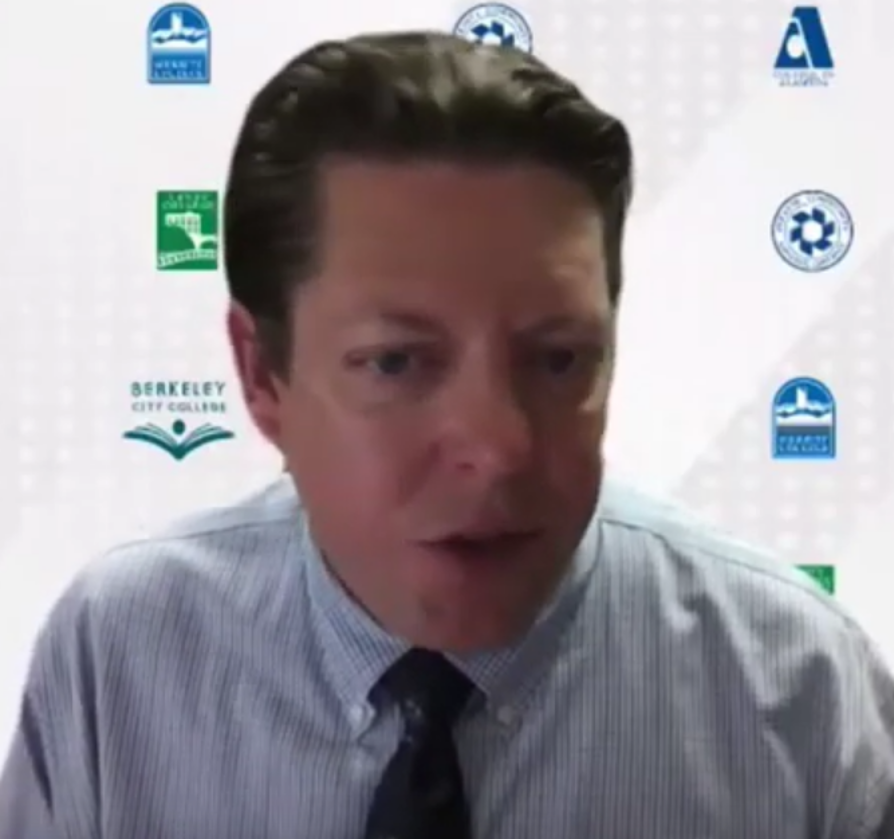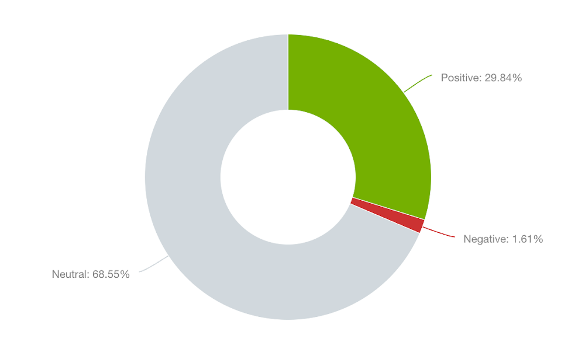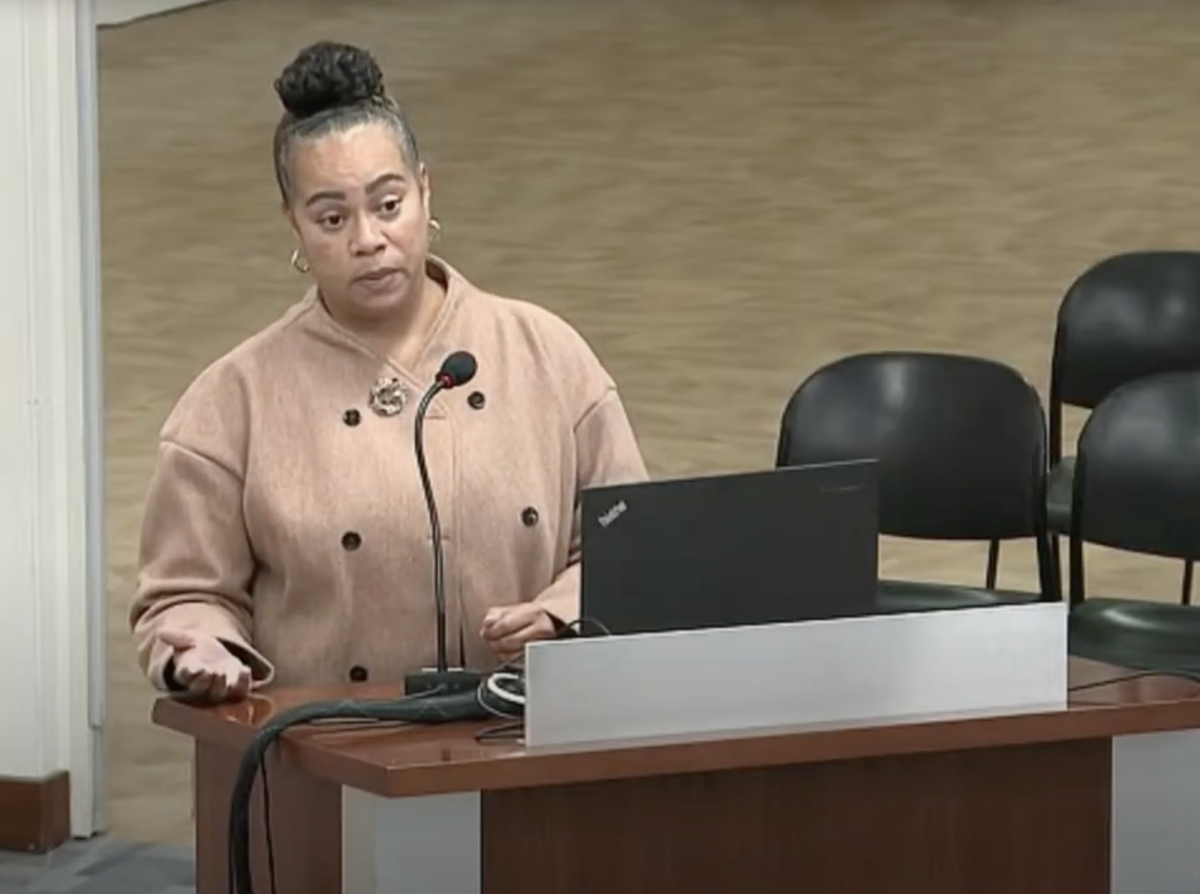
In a step towards increased accessibility, the Peralta Community College District (PCCD) website now offers translated content in nine different languages. Those languages are: Spanish, Simplified Chinese, Traditional Chinese, Tagalog, French, German, Italian, Portuguese and Vietnamese. The translations can be activated by clicking on the “translate” link located on the right hand side of the site’s main navigation bar.
According to Mark Johnson, Peralta’s Executive Director of Marketing, Communications & Public Relations, PCCD decided to use Google Translate to provide the translations. The preliminary translation links were added on Aug. 2 in what Johnson described as a “soft launch.” This was followed on Aug. 9 with the addition of a Simplified Chinese option.
The decision to use Google Translate represented a fundamental shift in the district’s approach. At the Peralta Board of Trustees meeting on July 26, in response to a question from Board President Cindi Napoli-Abella Reiss, Johnson said he did not have enough money in his current marketing budget to “translate more than a couple of web pages.” Johnson characterized Google Translate and similar services as “less high quality automation” tools.

Reiss responded by suggesting to Interim Chancellor Jannett Jackson that a follow-up discussion be held, since translation of the website content was “a priority in terms of who we want to attract.” Trustee Dyana Delfín Polk, who asked Johnson about translated advertising earlier in the same meeting, voiced her support for translated web content as well.
Recognizing the strong desire of the board to move forward with translations swiftly, and the lack of resources to use human translators for all 800 pages of the new PCCD website, Johnson and the district reevaluated their options.
“We realized managing that volume of content manually wasn’t going to scale for our very small team,” Johnson wrote in an email to The Citizen. “So we decided to reevaluate using Google Translate, which was on the old web.peralta.edu site and which is used by Laney College.”
Johnson met with his web content developers and began the implementation of Google Translate one week following the board meeting. When asked if this was viewed as an interim step, Johnson said “now that we have Google Translate set up, there are no plans to follow up with any kind of manual translation process…during this fiscal year.”

In a follow-up phone interview with The Citizen, Polk expressed her support for the use of Google Translate as a “first step” and said the Spanish translations are “fairly good” (Polk is fluent in both Spanish and English). She pointed out that any translation tool can miss the “nuances” of a language.
Polk said she has been advocating for translated content for “about a year” due to the diversity of the population served by PCCD. She would like to see more outreach materials translated as well. Polk’s personal community outreach includes in-person office hours held near the ferry landing in Jack London Square the 4th Wednesday of each month from 5:30-7:30pm.
Based on initial web traffic, the translation feature appears to be gaining popularity. Johnson said the translation page was visited 1,725 times between Aug. 14 and Sept. 12 and generated “over 300 clicks into specific language translations.”
Google Translate is just one of the digital technology tools being used by the district as it upgrades its website and marketing program. PCCD is currently evaluating a new chatbot service called Ocelot, which is currently being used by College of Alameda and Merritt college. In his July 26 presentation to the board, Johnson described Ocelot as “the best of breed in the academic chatbot market.” The other two Peralta colleges not currently using Ocelot (Berkeley City College and Laney college) may also migrate to this platform, according to Johnson.
The district also uses a program called Meltwater to measure online sentiment about the district. Johnson, while acknowledging that Meltwater is “definitely not perfect,” says he has seen a lift in positive sentiment for Peralta. He attributes this shift to the positive reception of the district’s Fall enrollment incentives.

In response to a question from Trustee Nicky Gonzalez Yuen at the July 26 meeting on measuring the conversion of website traffic into enrollments, Johnson described a “blind spot” that currently exists between the PCCD site and the PeopleSoft program which controls the enrollment process. Johnson said that Phase 3 of the PeopleSoft upgrade, planned for this Fall, should help to address that shortcoming. That upgrade will focus on the Campus Solutions module, according to Johnson, which is used for enrollment.


























